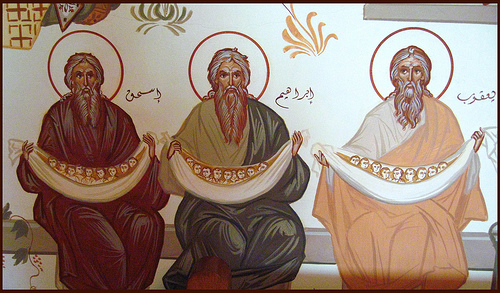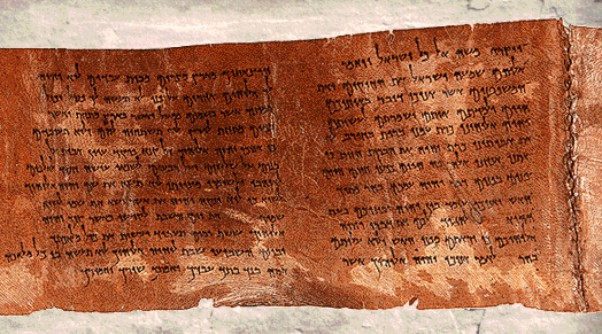
Choose life, says the Lord. Choose to believe in God Almighty. And in His Christ, sent into the world with infinite divine love.
Choose to pray. Choose to seek wisdom from God and His saints. Do good. Avoid evil. Study God’s laws, and obey them.
Love God’s people. The people first gathered as the sons and daughters of Abraham, and now gathered as all the faithful in communion with St. Peter’s successor. Love Holy Mother Church, in other words. Never betray her or do violence to her.
Humble yourself in order to exalt yourself. God didn’t make no dummies, and He didn’t make no trash. He has a plan for peace and true happiness for all of us. But we can only know that plan one little step at a time. We don’t have infinite, providential minds. We’re no dummies, but the smartest thing we can do is: obey God. Acknowledge Him; revere Him; kiss His earth for His sake; submit to Him.
…I have been reading one book after another about climbing Mount Everest. I bring this up because we have begun to climb spiritually, up the ‘mountain’ of Easter.
One lesson of the books I have read about climbing Everest: You can’t fight with the mountain. Mount Everest will win. You must submit completely to the entire reality determined by the mountain itself.
Which means: Even though you may have dumped tens of thousands of dollars in to your Everest expedition, you might get to the top. And you might not.
The weather might simply refuse to co-operate. Your own body might react to the thin atmosphere in such a way that summiting proves simply impossible for you. Your teammates might have health problems that make the final ascent impossible.
In other words: A greater power than you will determine whether or not you reach the top. Not you. If you become willful about summiting, what may very well happen to you? RIP.
So, dear brothers and sisters: Let’s kiss God’s earth at the bottom of the mountain of Easter. Let’s look up at God—the God-man, crucified and risen from the dead, ascended on high. Let’s look up at Him and say: Lord, Thy will be done.
 Of course we could think of many other examples of historical events to cherish in our memories. The Scriptures got written in order to keep alive the memory of certain events that we never saw, but which our spiritual ancestors saw.
Of course we could think of many other examples of historical events to cherish in our memories. The Scriptures got written in order to keep alive the memory of certain events that we never saw, but which our spiritual ancestors saw.
 Why does the Lord love us?
Why does the Lord love us?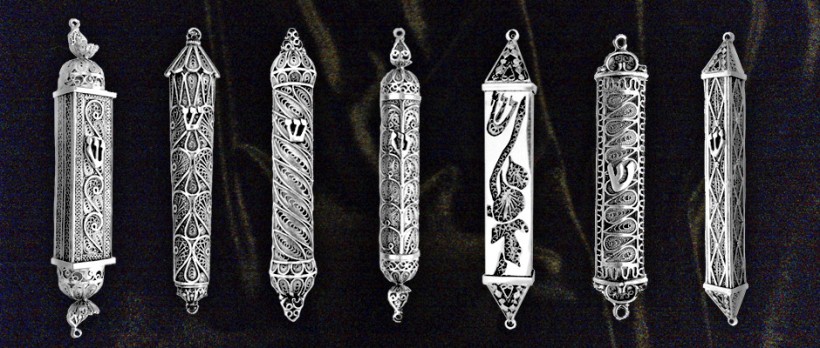
 This year, our Holy Father, Pope Francis, has given us two ways to obtain a jubilee-year indulgence. First, the old-fashioned way: to pass through a Holy Door. Usually, during Jubilee Years, you have to go to Rome to pass through a Holy Door, or at least to a papal basilica. But this year, Pope Francis extended the prerogative for Holy Doors to every diocese.
This year, our Holy Father, Pope Francis, has given us two ways to obtain a jubilee-year indulgence. First, the old-fashioned way: to pass through a Holy Door. Usually, during Jubilee Years, you have to go to Rome to pass through a Holy Door, or at least to a papal basilica. But this year, Pope Francis extended the prerogative for Holy Doors to every diocese.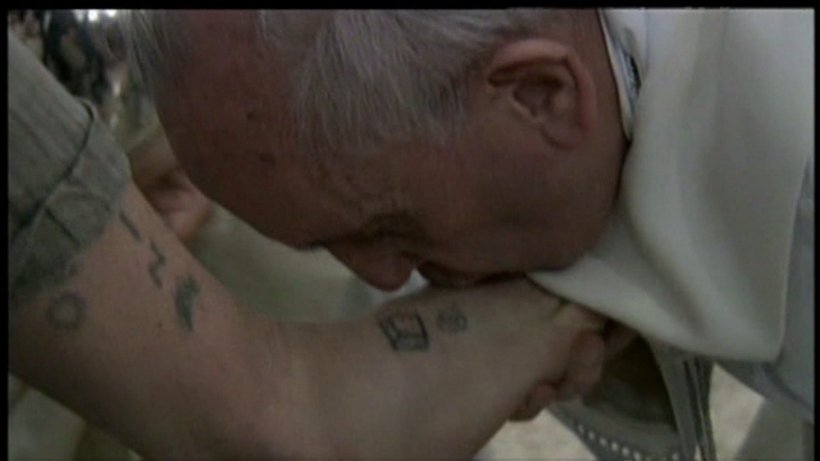
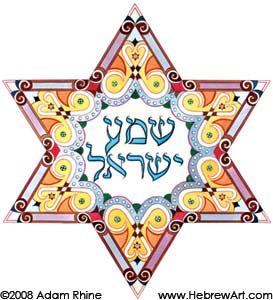 Serving any god other than the real God estranges any human being from himself, not just a Jew.
Serving any god other than the real God estranges any human being from himself, not just a Jew. But if God does not love us because we deserve it, if He does not love us because we are so wonderful, then why does He love us?
But if God does not love us because we deserve it, if He does not love us because we are so wonderful, then why does He love us?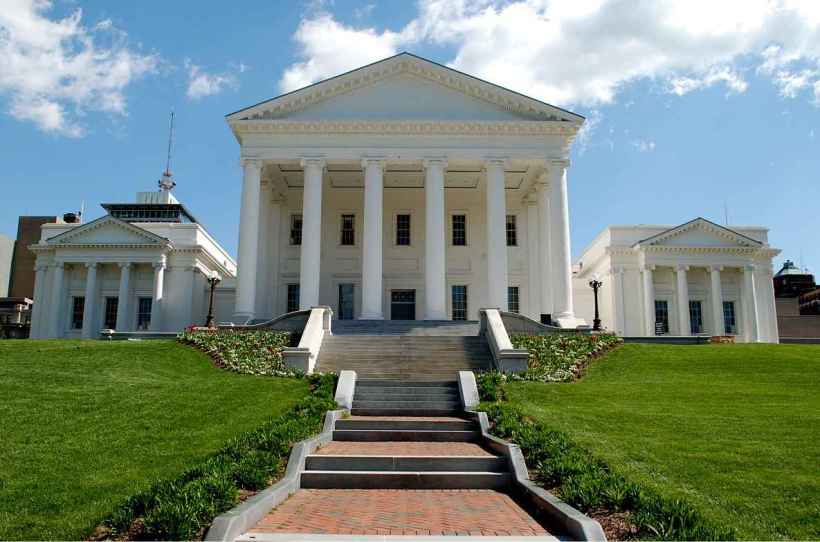
 When Moses asked this question, it was rhetorical. The Israelites knew the answer: “There is no such nation! The Lord has chosen us and made us a light to the Gentiles!”
When Moses asked this question, it was rhetorical. The Israelites knew the answer: “There is no such nation! The Lord has chosen us and made us a light to the Gentiles!” I don’t mean that we should be presumptuous. In many places, we are surrounded by good and gracious non-Catholic Christians who deserve our admiration. At Francis of Assisi in Rocky Mount, we are no holier a motley crew of sinners than any other church community in these hills.
I don’t mean that we should be presumptuous. In many places, we are surrounded by good and gracious non-Catholic Christians who deserve our admiration. At Francis of Assisi in Rocky Mount, we are no holier a motley crew of sinners than any other church community in these hills. But if St. Francis himself walked in, or St. Therese, or St. Thomas Aquinas, or Michelangelo, the whole group would be eclipsed. If St. Augustine walked in, or St. Paul, or St. Peter or John, or our Lady, all these luminaries would bow their heads in respect.
But if St. Francis himself walked in, or St. Therese, or St. Thomas Aquinas, or Michelangelo, the whole group would be eclipsed. If St. Augustine walked in, or St. Paul, or St. Peter or John, or our Lady, all these luminaries would bow their heads in respect. “Let the one among you who is without sin be the first to throw a stone at her.”
“Let the one among you who is without sin be the first to throw a stone at her.”